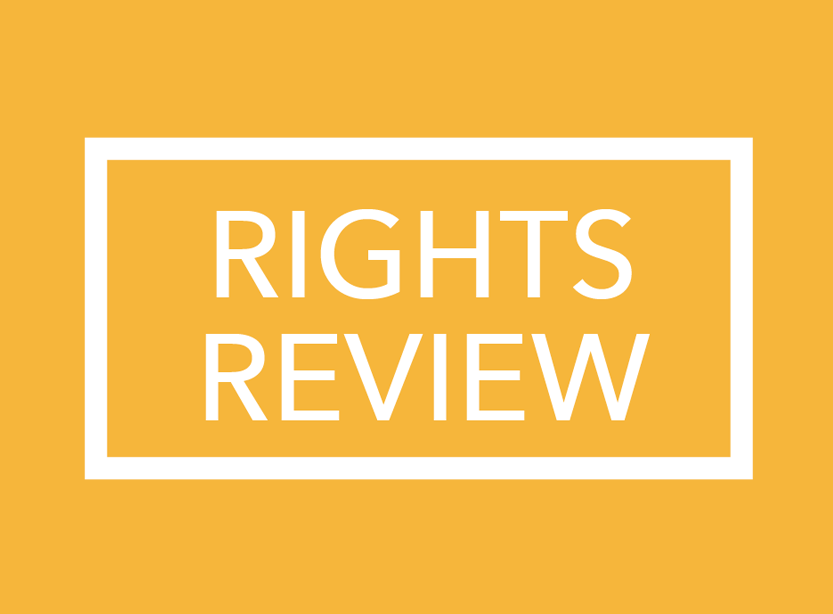Secondary menu
A Statement from the Editorial Board
A call for the University to mend its relationships with the IHRP community

Dear Readers,
Just over a year ago, the Faculty of Law put an end to the hiring of Dr. Valentina Azarova as the new Director of the International Human Rights Program (IHRP) because a donor and sitting judge objected to her scholarship criticizing Israel’s occupation of Palestine. At the time, the Editorial Board expressed alarm over what these events revealed: improper donor influence, judicial impropriety, and the Palestinian exception to academic freedom. In the following months, we then saw the University administration continually shirk accountability for its misconduct and brush aside the historic academic censure of the University imposed by the Canadian Association of University Teachers (CAUT).
On September 17, 2021, it was announced that Dr. Azarova had been re-offered the Director position, though she ultimately declined. This development is a direct result of the organized labour and collective action of academics around the world. However, while the CAUT has temporarily suspended the censure in response, it has yet to be lifted entirely. This muted win reflects the fact that many of our initial concerns remain unanswered. As students at the IHRP, we continue to be concerned about the corrosive effects of this scandal on the IHRP’s reputation and capacity as a clinical program dedicated to human rights advocacy.
First and foremost, the IHRP is pushing into its third year without a permanent director. The ability of the clinic to pursue ambitious and impactful projects and provide experiential education suffers tremendously without stable and supported leadership. This loss is most glaring in the absence of the IHRP’s part-time clinic, which has not graced the Faculty’s course offerings for a second consecutive year. As a result, students have lost out on important opportunities to develop practical skills in international human rights advocacy as well as engage in critical reflections on the law and lawyering.
Equally worrisome is the shadow that has been cast upon the independence of clinical directors at the Faculty. Over the past year, the administration has repeatedly insisted that the IHRP director is a “managerial” rather than “faculty” position, thereby justifying its exclusion from the protective scope of academic freedom. As Professor Kent Roach intimated in his resignation as Faculty Chair of the Advisory Group for the Asper Centre, clinical directors should be empowered to engage in bold and imaginative advocacy without fear of retaliation. Legal clinics can be a dynamic site of systemic advocacy and community building, but only if clinic lawyers are free to speak truth to power.
Lastly, the IHRP scandal has undoubtedly injured the program’s relationship with many of its longstanding community partners. In solidarity with the CAUT, several prominent human rights organizations suspended ties with the IHRP. Students can count among their losses the Digital Verification Corps working group at Amnesty International, externship positions at the Citizen Lab, and academic opportunities at Human Rights Watch, just to name a few. It is unclear how, if at all, the IHRP will rebuild trust with these organizations such that students at the Faculty will have future opportunities to engage in meaningful human rights work.
The IHRP is one of the few places at the Faculty where students who are committed to international justice can learn about both the potential and the perils of the law in advancing social movements. To ensure the long-term vitality of the IHRP’s unique offerings, we join the CAUT in calling for the University to mend its partnerships with the IHRP community by fully participating in a reconciliatory process. The University must hold accountable those who have violated academic freedom. The University must explicitly extend academic freedom protections to academic managerial staff, including clinic directors. Finally, the University must urgently adopt robust policies prohibiting donor interference in decision-making at the University with a view toward preserving the institution’s integrity and autonomy.
Sincerely,
The Rights Review Editorial Board 2021-2022
